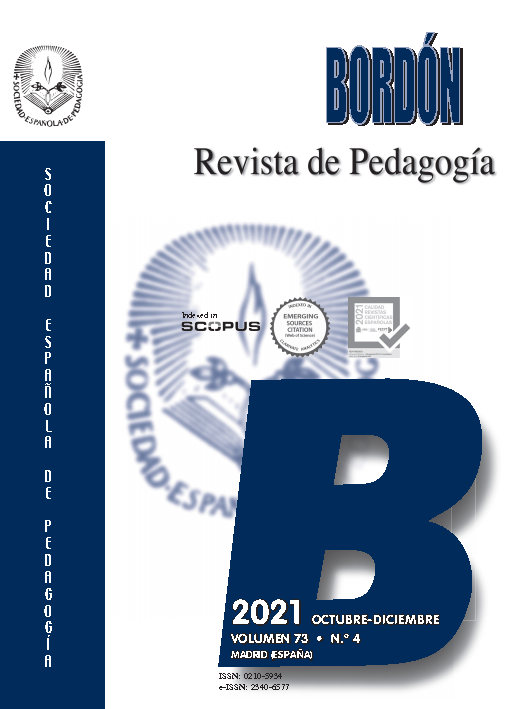Academic contribution of a Service-Learning project supported by ICT to promote rural female entrepreneurship
Main Article Content
Abstract
INTRODUCTION. Service-Learning (SL) is a new educational approach that links the curricular, professional and civic-social development of students with the provision of a free service to the community. Although it has been widely applied in the Business Management field in American Higher Education, it is still in an incipient phase in Europe, where the authorities are trying to systematize it within the framework of the European Higher Education Area (EHEA). METHOD. This study aims to analyze the academic contribution of a SL project developed by the University of León (Spain) in the 2016-2017 academic year, which consisted of five multidisciplinary groups of students from five graduate and postgraduate courses in the Business Management field putting their knowledge into practice to guide five rural women entrepreneurs, using ICT to increase the interaction between University and Society. For this, two research questions are raised: first, what is the perception of the project results in the experimental group of 25 students-service, through a study of their responses to a self-evaluation questionnaire, and, second, after an experimental design in two paired groups with a control group of 25 other non-participant students, what is the possible effect of SL on academic performance, measured by the grades achieved. RESULTS. Service-students have recognized having improved their curricular, professional and civic-social training after their participation in the project. Additionally, they have had greater academic success than students who have not participated. DISCUSSION. In view of the results, it is possible to conclude that SL supported by ITC has made it possible to improve both the quality of the teaching-learning process and the future employability of service-students, simultaneously benefiting the economic and social development of local environment.

